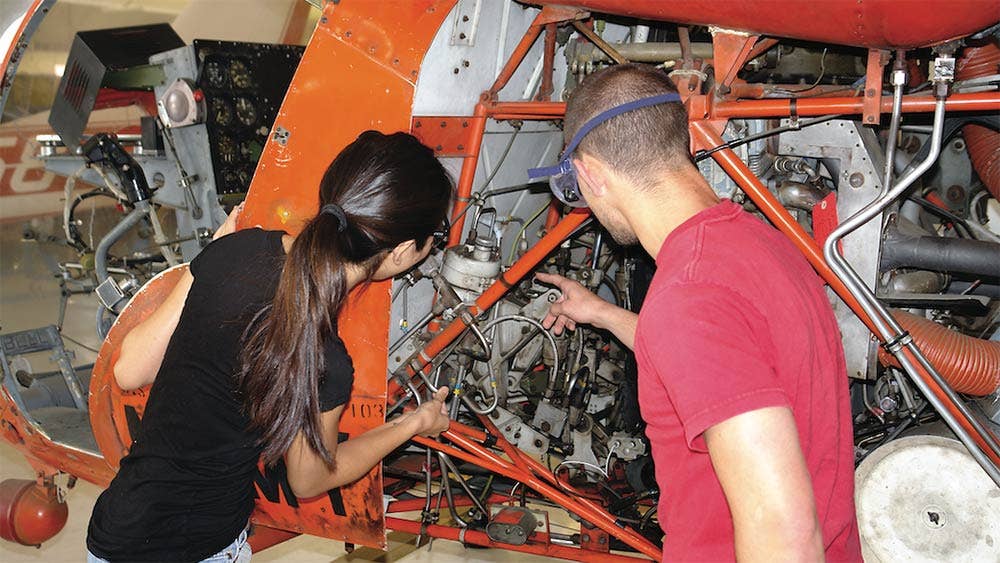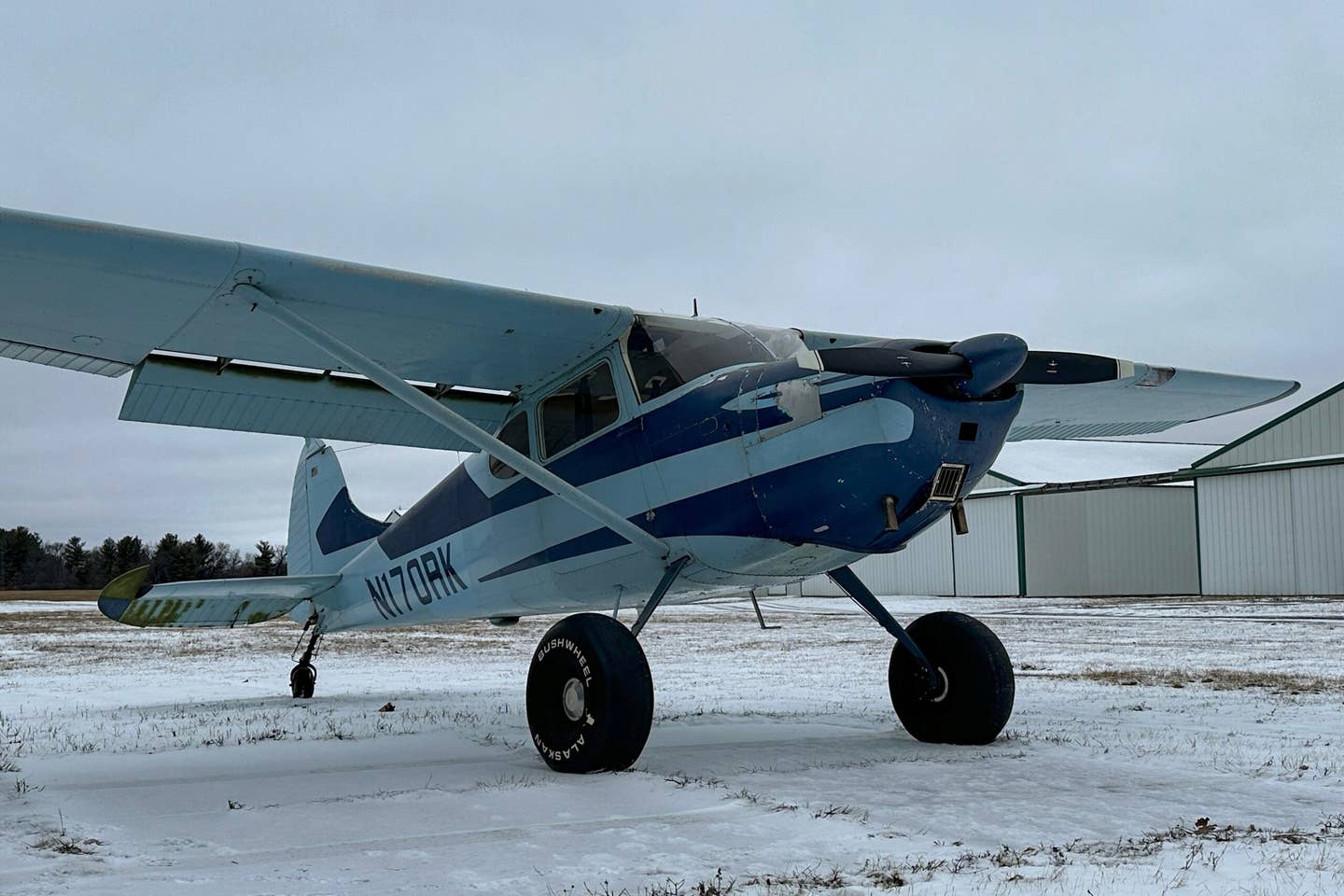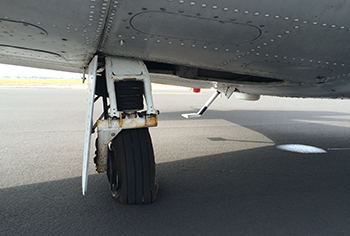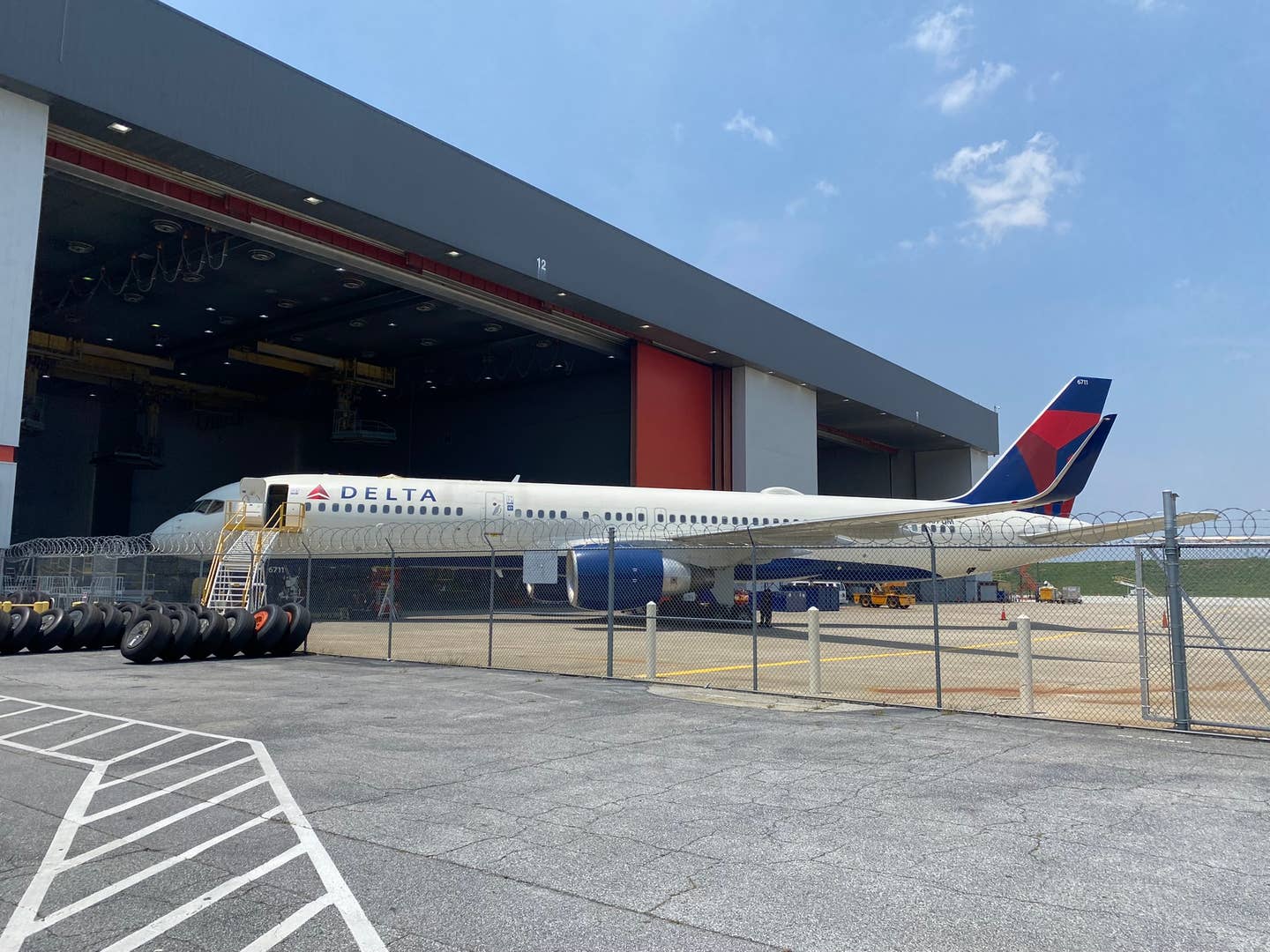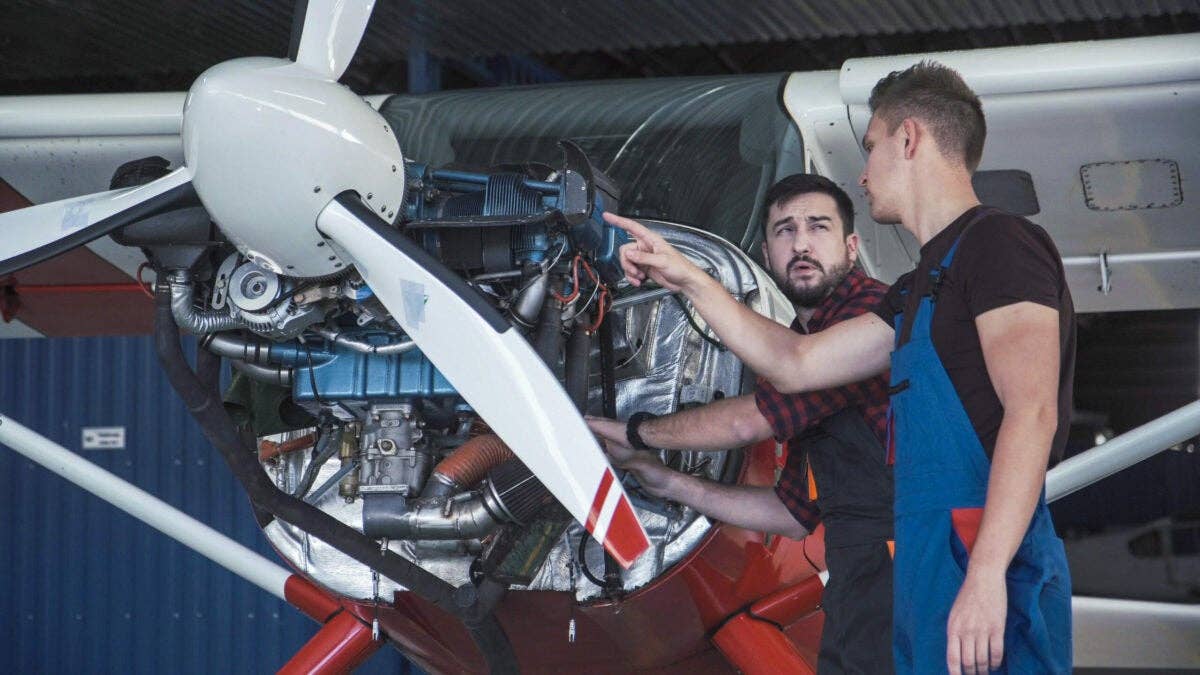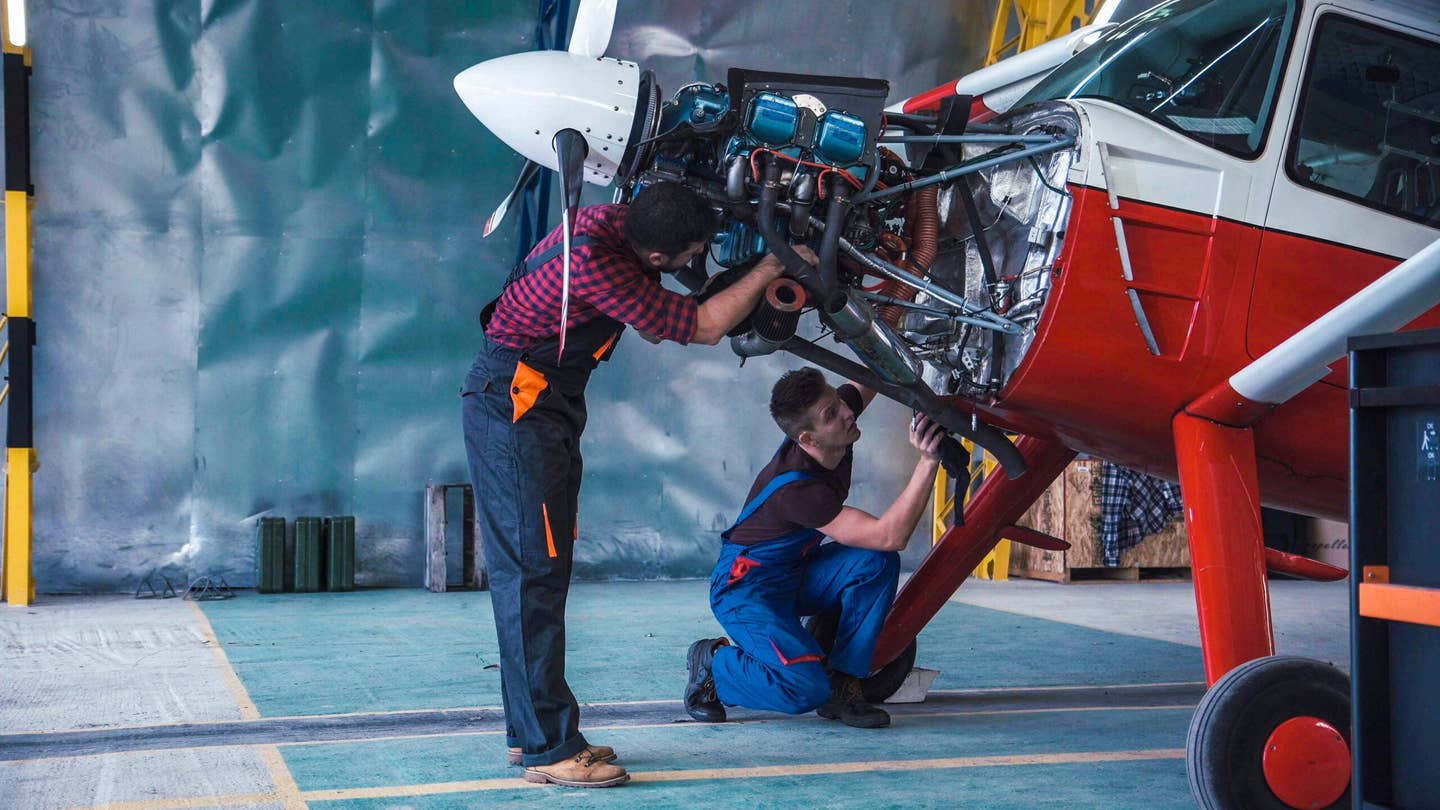‘Engine Management 101’: A Guide for Extending Your Engine’s Life
A free aircraft engine guidebook that is priceless.
In the days of old, rural general aviation airfields had resident mechanics who set up shop at the airport, dispensing free advice and pots of black coffee. Everyone in the tri-county area knew them by name and would make pilgrimages to lean on the wing and gain crucial knowledge not held by books.
While these guys are less prevalent than yesteryear, a few still hang around. Bill Ross, vice president of product support for Superior Air Parts, knew these folks. He has spent his lifetime learning from them. And now he wants to share it, for free.
On the Job Trauma (OJT)
Ross is an airplane guy. It is hardwired into his DNA. Recently, Ross put the final touches on his book, Engine Management 101, a go-to guide for “extending your engine’s life while lowering your operating costs.” Part memoir, part maintenance self-help guide, this will not replace your mechanic but will help level the playing field when you speak with them.
Ross opens his book with lessons learned in the right seat and under the cowling. His 32-year journey has many triumphs and more than his share of trauma. Seeing such a raw, honest account of life at the airport is refreshing.
Attention to Detail
Bill had me at Chapter 1: Choosing the right mechanic. Those who follow my column know that I preach the maintenance gospel and always end my talk with work with someone you can trust. The next stop on the journey is a tutorial on improving engine operations and extending engine life. Extra engine life means those mutual funds can marinate a little longer, gaining interest. Chapter 3 addresses engine oil. Not too long ago, I wrote a column on engine oil with a link to The AeroShell Book.
Aircraft mechanics constantly work under pressure, just like aircraft cylinders. Apply too much pressure, and bad things happen. Consequently, applying too little pressure, almost nothing happens for either. In Chapter 4, you learn about cylinder compression testing. Next up is the dreaded time between overhaul (TBO) talk. Ross does an excellent job of making it not so scary.
The next three chapters deal with Continental fuel injection system calibration and maintenance, cylinder baffling, 100LL avgas, and magneto maintenance. That may not sound like exciting topics, but ignore anyone one of those, and you will be in a world of hurt.
He finishes up with a chat about PMA parts. You remember those, right? As I thumbed through the guide, it reminded me of my time in the hangar. No, I did not accomplish every task in this book, but I have been around it my entire life.
Tribal Knowledge
While aviators have more visibility about aircraft maintenance, aircraft owners look at maintenance as a way to save money, Ross told me recently. They view aircraft maintenance as just an expense. Airplanes are expensive, and you cannot save money by cutting corners. You only increase exposure and decrease safety.
I asked him, "Were there specific instances where deviating from the [original equipment manufacturer’s] OEM standard is okay?"
For example, on Continental SB97-6, why change the cam gear? He agreed that for some instances, an owner/operator might divert from the OEM instructions. In these exceptional circumstances, it is imperative to do so under the guidance of an approved program such as a designated engineering representative (DER) repair, supplemental type certificate (STC), or by writing a Part 145 Process Specification Repair.
If you wish to receive a digital copy of Engine Management 101, send a request to EngineManagement101@SuperiorAirParts.com.

Sign-up for newsletters & special offers!
Get the latest FLYING stories & special offers delivered directly to your inbox

